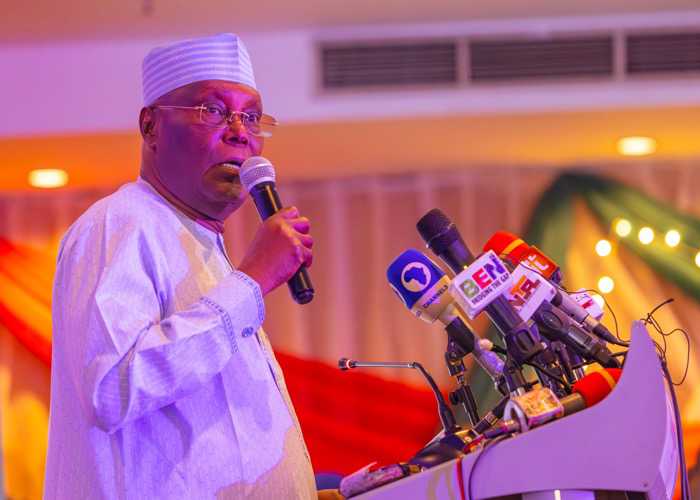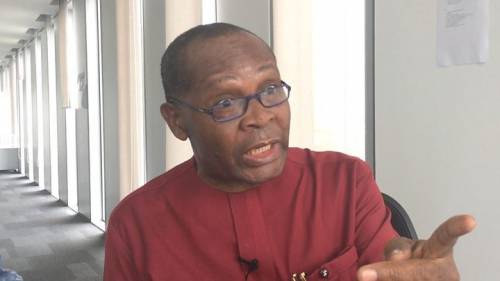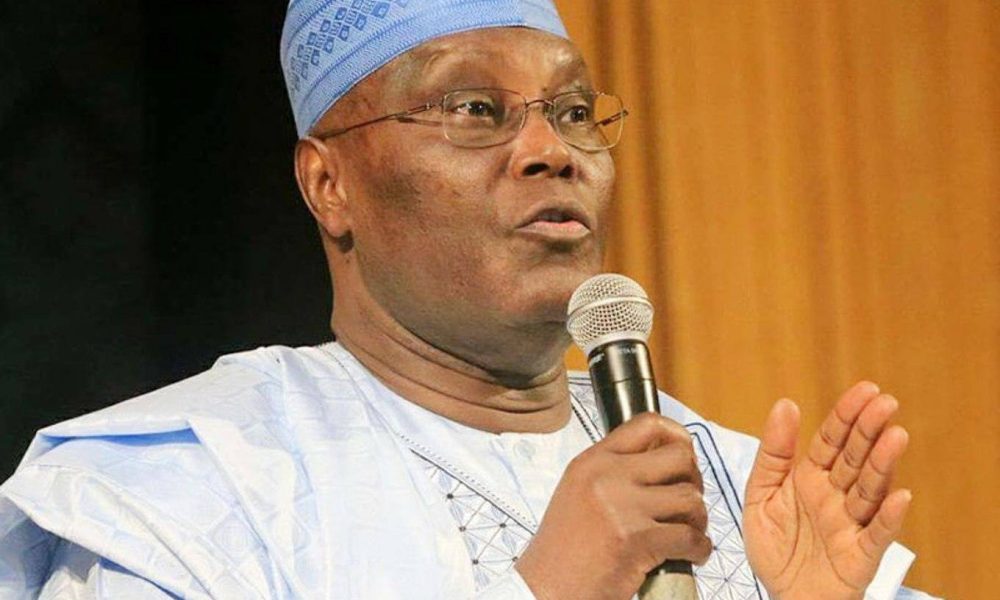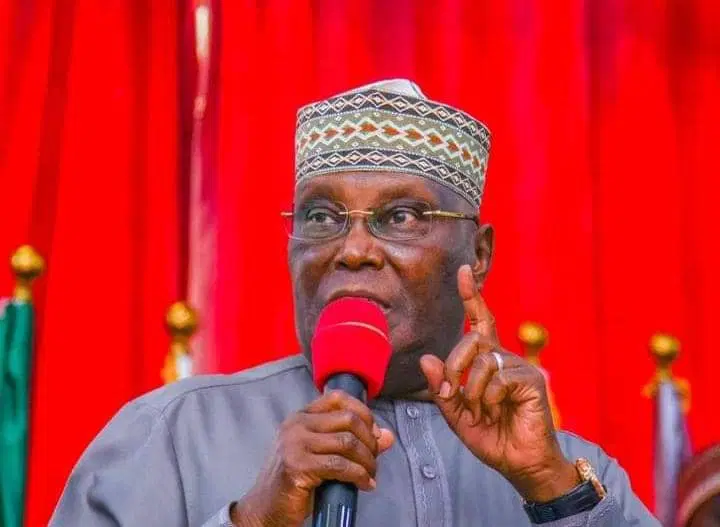Boko Haram Started 2002 When I Was In Office But We Ended It In Few Weeks - Atiku Abubakar | Sahara Reporters
Atiku noted that the Boko Haram insurgency started in Yobe State in 2002 during his time as Vice-President but he and his principal, Olusegun Obasanjo, were able to quell the insurgency in "few weeks."
Former Vice President of Nigeria, Atiku Abubakar, has expressed "deep concerns" over the deteriorating state of security across the country.
Atiku noted that the Boko Haram insurgency started in Yobe State in 2002 during his time as Vice-President but he and his principal, Olusegun Obasanjo, were able to quell the insurgency in "few weeks."
He attributed the growing insecurity to the failure of successive administrations after former President Obasanjo, citing a lack of political will as a major contributing factor.
While receiving a delegation of stakeholders from the Kogi East Senatorial Zone, led by former Kogi State deputy governor, Simon Asuba, Atiku recounted a decisive approach to insurgency during the Obasanjo administration.
"I have taken note of some of the issues you have raised. I am bewildered by this issue of security. There have been a number of debates about the cause of this insecurity. Some people argue that it is being promoted from within, others say from outside. What I can attest to is a serious lack of commitment by our government,” he said.
Reflecting on the emergence of Boko Haram in 2002, Atiku recalled how the insurgency was swiftly quelled under Obasanjo’s leadership.
"You remember when Boko Haram started? It was actually in 2002. We were in office, and the President sent for me. It started in Yobe, actually," he recounted.
"And I said, ‘Mr. President, let's call the service chiefs and give them a deadline. If they cannot put it down, then they should put down their uniforms and go away.’
"He called the service chiefs—I was there—and gave them marching orders. Within a few weeks, we put down the insurgency. It never came up again till we left office."
He went on to criticise current leadership for lacking the resolve to protect citizens.
"One thing I would say is that there is a lack of political will. When they are killing your citizens, how you can even eat and not give a damn is the greatest irresponsibility by any political leader anywhere.
"I hold our leadership responsible for all this insecurity that is going on across the country. We are under-policed. We do not have enough policemen in this country. We have many educated and unemployed people — why can't you recruit them into the police?"
Atiku also revealed ongoing coalition talks among the country's major political parties, including the APC, PDP, and Labour Party, in which he is playing a key role.
"We are having a coalition. All the major political parties are involved in this coalition. The APC, PDP, Labour—all of us are involved. That is the only way to go. We face a very, very incompetent and inefficient government."
Earlier in April, Atiku had raised the alarm over the worsening security crisis, lamenting how frequent killings have become normalised, barely making headlines.
"The failure of Bola Tinubu’s security architecture has now become an endemic nationwide phenomenon, with repeated killings—more of which do not even make the headlines,” he said.
He had expressed sympathy for the victims of ongoing violence, particularly in Plateau State.
"Nigerians are now being forced to get used to such news of wanton killings, and I again offer my condolences to the bereaved communities of Bokkos Local Government Area of Plateau State and the affected families.”









